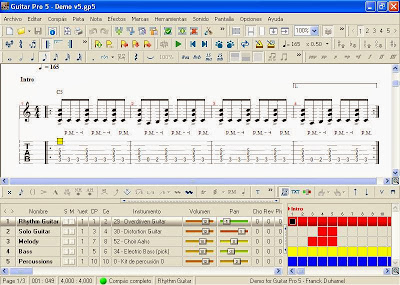1. Taking advantage of mushrooms materials
In
the Sang Thien mushrooms co-operative, most of the materials are taken
advantage of processing: straw from harvest, cotton – the main material
from Viet Tri and Nam Dinh textile mill, saw dust from furniture factory
and corn bob. The Sang Thien mushrooms co-operative used 170 tons
materials for processing in 2011. Coal are fuels but almost fuels are
firewood of furniture factory.
Intercropping can reduce time, materials and expense.
-
Sun-dried mushroom meals are combined with cotton waste to make oyster
mushroom bag in the following proportion: 30% old materials and 70% new
ones.
- For wood ear mushrooms or reishi mushrooms, mushroom bags are little mushroom fruit
and no termites can be composted to be oyster mushroom materials after 4 month harvest.
- For no termite others, they can be also composted
a
to be oyster mushroom materials
- For mushrooms, after being used to composted, canvas can be washed to be used for the next time.
After havesting :
- Nylon are sold for scrap.
- Mushrooms bags are mixed with microbial fertilizers for sprouts, vegetables…
- Mushrooms composted water can be used to grow water hyacinth (food’s pig, chicken…)
In
the next time, the Sang Thien mushrooms co-operative will apply
earthworm farming and take advantage of water hyacinth to develop Garden
– pond – barn model.
2. Connection
Ha
Noi Agricultural Genetics Institute's Biotechnology Centre and Văn
Giang mushrooms Center supply fungus and consump output of the
cooperative. Furthermore, this cooperative also offer mushrooms products
to the Soc Son, Dong Anh, Hanoi city center and Thai Nguyen.
Mushrooms
cultivation technology has been transferred for 150 households in Soc
Son district and other local country. This cooperative has recently
hosted delegations from the Democratic People's Republic of Laos to
visit the mushroom model and then apply them in their country.
To
widespread effectively model mushroom, this cooperative has moved the
bags of mushroom varieties to producers on Quang Tien commune and
neighboring communes.
3. Effectives from mushrooms farming
a. Economic effectives
Firstly,
mushrooms making expenses are low because of taking advantage of
agriculture and forest materials ( saw dust, straw, corn cob…), fire
wood, intercropping and no chemical fertilizers.
Secondly, that
mushrooms bags are mixed with microbial fertilizers for sprouts,
vegetables… can be low on mushroom making expenses
. Mushrooms composted water can be used to grow water hyacinth (food’s pig, chicken…)
This
cooperative has created jobs for many people in Quang Tien commune.
There are 66 workers including 46 seasonal workers and 20 main ones. On
average, there are 30 workers per day with the wage 1.6 milion a month
and seasonal workers’ wage is from 1.2 milion to 1.5 milion.
Production results:
in the early years, total output is from 17 to 25 tons fresh mushrooms.
Total revenue is form 250 thousand dong to 260 thousand dong and the
profit is over 100 thousand dong a year, not including production
expense.
Total output is 38 tons and the profit is 230 thousand dong in 2010.
b. Social effective
Firstly,
mushrooms are good for your health and some are medicinal mushrooms
such as: mushrooms and reishi mushrooms. Mushrooms are foods that help
you heal some diseases like obesity, hypertension, dyslipidemia,
diabetes.
Secondly, mushrooms are easy to grow, using simple
adopted technologies and do not require large pieces of land. It needs
low cost investment and can solve personal income.
Thirdly, most
local people are engaged in agriculture, so they can take advantage of
off-season time to participate in mushroom cultivation.
Fourthly,
that mushroom cultivation does not use chemicals will ensure the health
of both producers and consumers. The mushrooms products are cleaning and
environmentally friendly ones.
c. Environmental effectives
Firstly, environment is not polluted because of taking advantage straw after harvest and no chemical in processing.
Secondly,
that oyster mushrooms bags are mixed with microbial fertilizers for
sprouts, vegetables… can improve soil quality. For mushrooms, the no
use plastic bags is a way to minimize the amount of non-biodegradable
waste into the environment.
















 2
2



.jpg)

.jpg)
